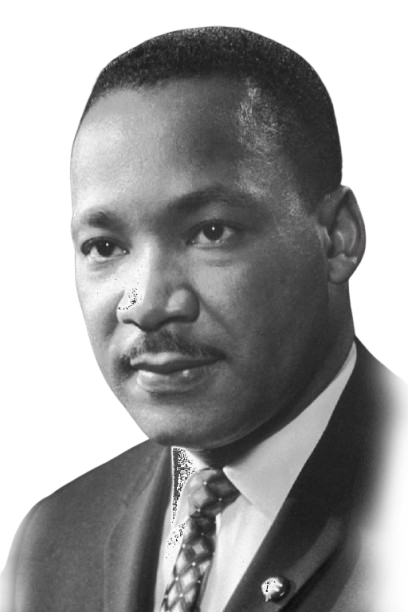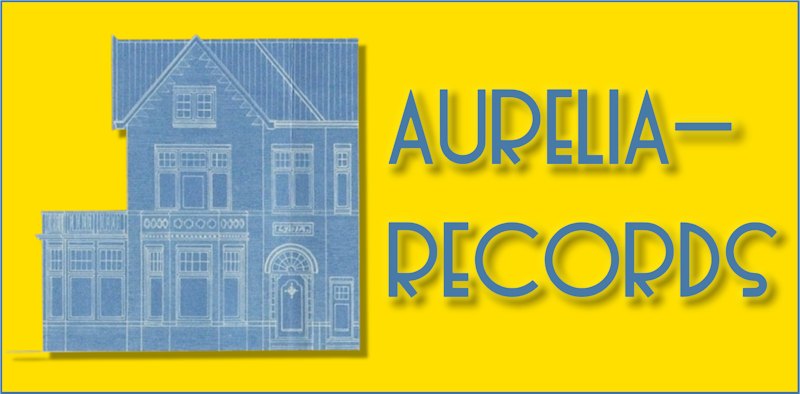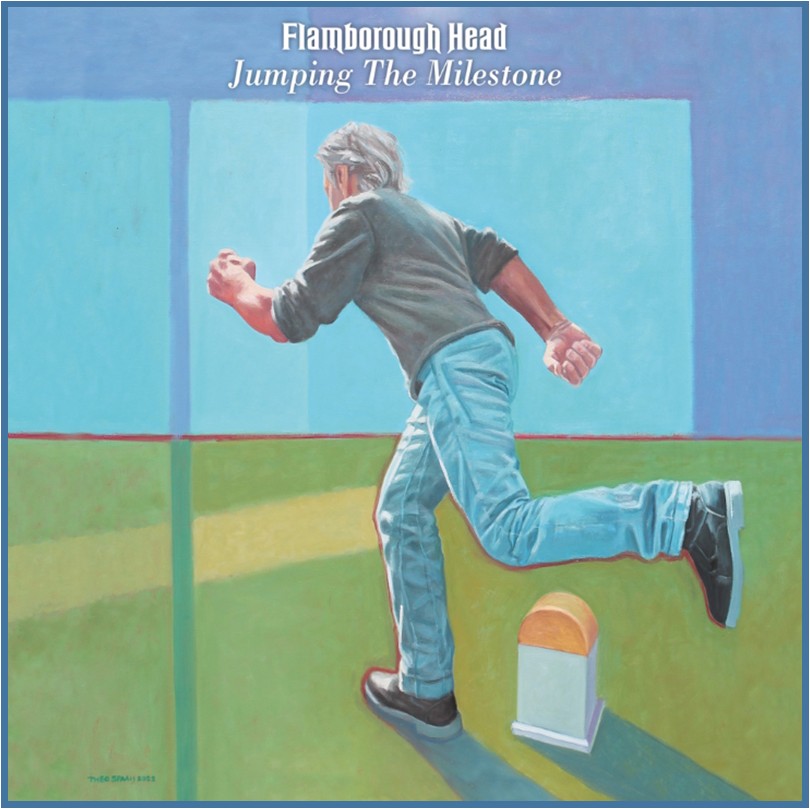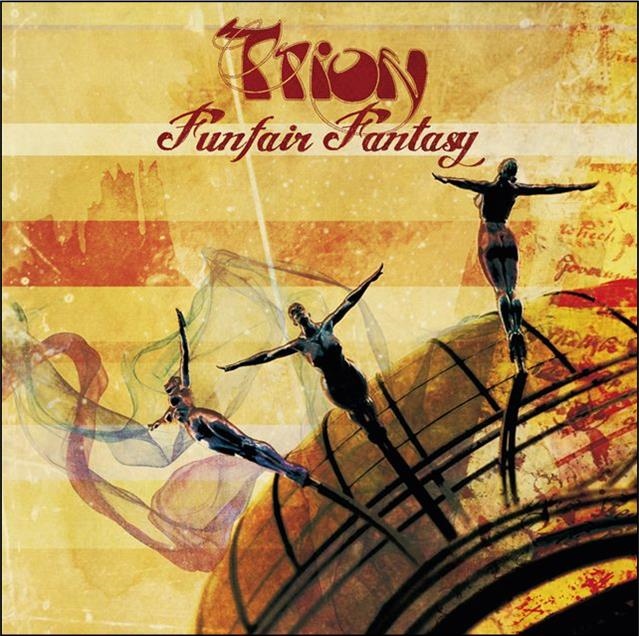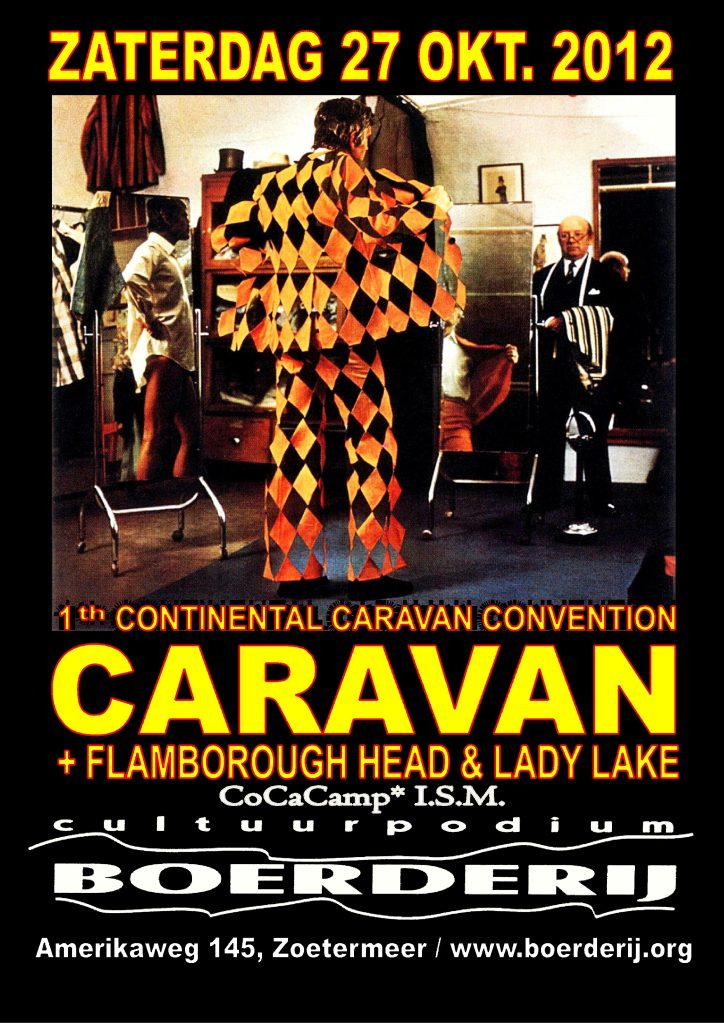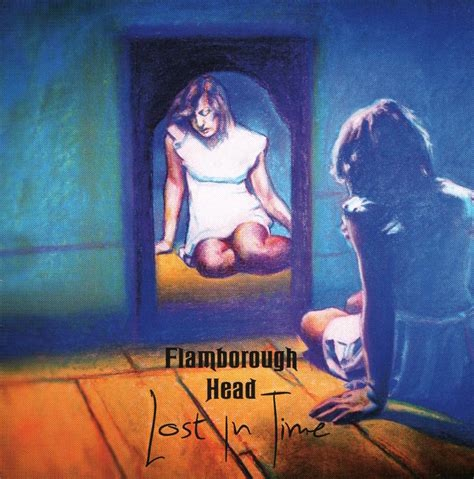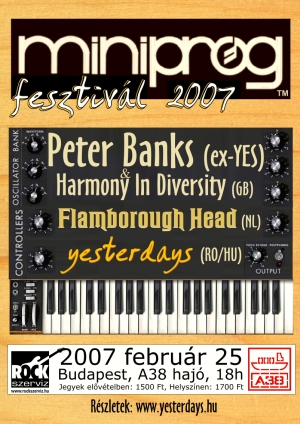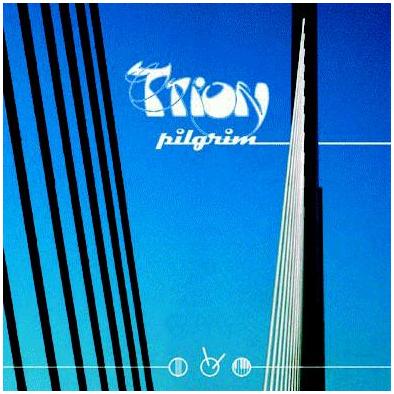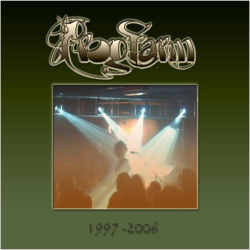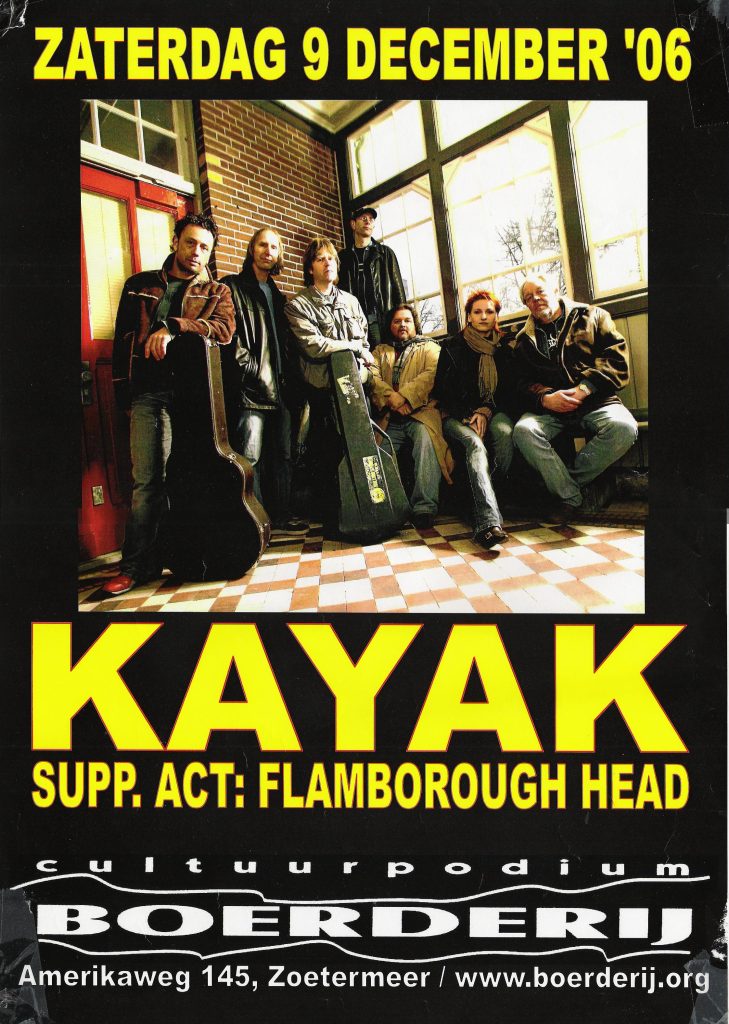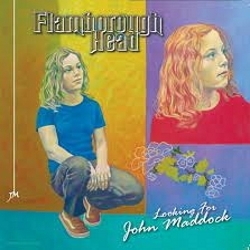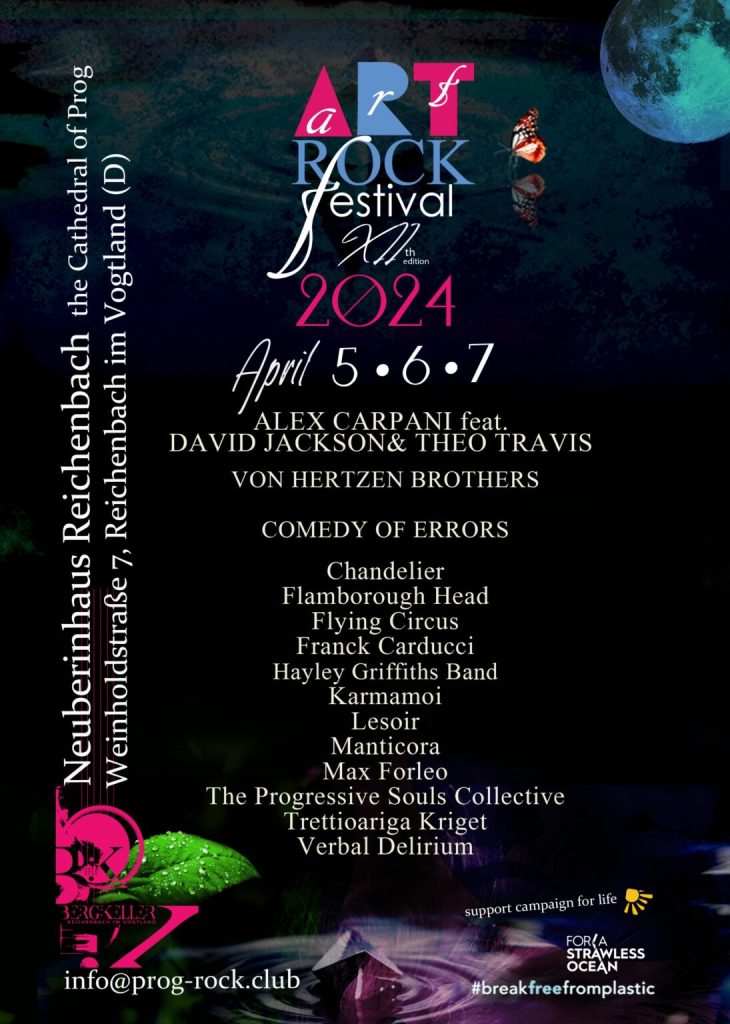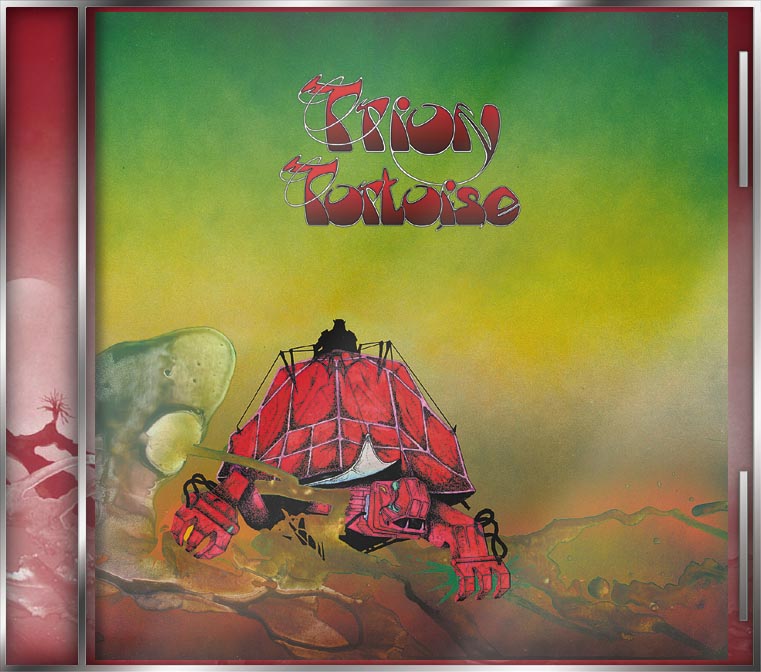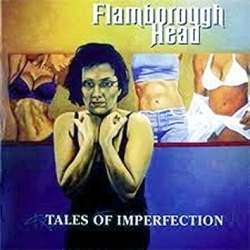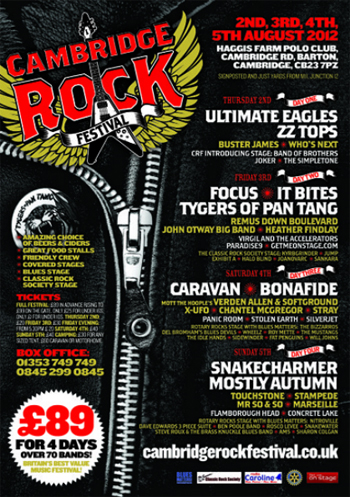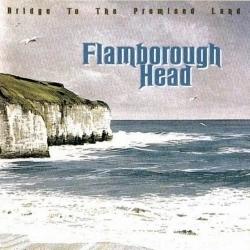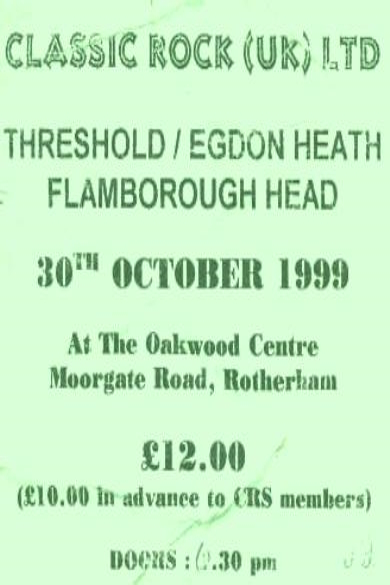
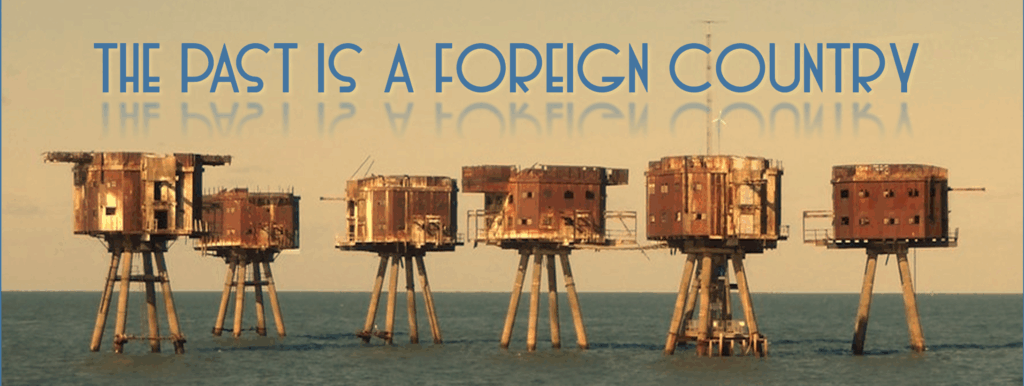
Most prog rock fans were born in the post-World War II era, grew up in the 1960s and 1970s, and are now retired or will be soon. They can look back on a stable, peaceful, and prosperous period in their lives; the “Pax Americana” characterized by stable international relations, flourishing global trade and prosperity. After 1945, American leadership achieved the longest period without a major war between superpowers. Democratic government expanded. International institutions, from the UN to the World Trade Organization, created forums for the peaceful resolution of disputes. All this occurred under the aegis of American military supremacy and a commitment to a rules-based international system. This era is coming to an end, and the consequences will be noticeable for anyone who has grown accustomed to the benefits of this “Pax Americana”. The title of this album is derived from The Go-Between, a 1953 novel by English author L.P. Hartley. “The past is a foreign country; they do things differently there.” Today one can also say the opposite; “They do things differently nowadays”. At the time of working on this CD, the present seemed to many ‘boomers’ to be an increasingly difficult to understand “foreign country”; the decline of democracies in the world and the rise of populist autocratic leaders, less and less confidence in the functioning of democratic institutions, the relativization of the Trias Politica, the erosion of Western constitutional states, nationalism at the expense of European integration, the closing of borders as a solution to any problem, the increase in power of ‘Big Tech’ with the associated political influence through social media, ‘fake news’ and the relativization of science, geopolitical tensions/changing Atlantic relations and destabilization in all kinds of forms including an increasing inability of the UN as a conflict manager. You could almost long nostalgically for the Cold War with two power blocs separated by a wall. As a child, that world seemed manageable, safe and unchangeable. Through my history studies I learned that societies are constantly subject to change. Often this goes well, sometimes not at all. Vigilance, attention and perhaps even suspicion are required. Man is capable of many evils and of course Western democracy is not perfect, but it remains the best guarantee against repression and violence. The post-war history of Europe and its integration cannot be understood without knowing the horrors of the Second World War. Much post-war European policy has been focused on preventing new tragedies. That is why the opening chords of the first song Wannsee are ominously repeated at the end of each subsequent song as a warning of the horrors of war. The First World War, the economic crisis of the 1930s and the subsequent Second World War are no longer benchmarks for younger generations, but they are for the post-war baby boomers: warned by the stories of their parents and realizing that peace is fragile and vulnerable. In the meantime, a war is raging in Europe again, defense budgets are being increased, America is withdrawing and Europe seems more vulnerable than ever. A rethinking of the future of European cooperation is underway. There was a time when Europe dictated the world, now Europe must increasingly respond to events from outside. The European countries need each other more than ever in this new, hostile world. Europe must choose between maximum prosperity, resilience and moral values and these goals can only be achieved through cooperation within Europe.


01 Etude I – Wannsee 1933-1945 (“Die Straße frei den braunen Bataillonen”) 5:17
In May 1933, book burnings occurred in Germany in several university cities. A month earlier, the German Student Union had declared a national “Action against the On-German Spirit” after which students looted ‘on-German’ books from shops and libraries. German Propaganda Minister Joseph Goebbels conducted a tirade against the ‘forbidden’ Jewish, socialist and democratic authors who should not find a place in the art and culture of the Third Reich.
Audio 1-1. “Deutsche Männer und Frauen. Das Zeitalter eines überspitzten jüdischen Intellektualismus ist nun zu Ende.“(…) „Ich übergebe der Flamme die Schriften von Heinrich Mann, Ernst Glaeser und Erich Kästner. Gegen Gesinnungslumperei und politischen Verrat“. (Propagandaminister Joseph Goebbels, Book burning at the Opernplatz, Berlin, Germany 10-05-1933 ©?).
Heinrich Heine (1797-1856); a German poet of Jewish descent and whose works also burned in the flames, wrote in 1820: “dort wo man Bücher verbrennt, verbrennt man auch am Ende Menschen” (“Where one burns books, one eventually burns people.”). Adolf Hitler’s criminal rule had come to power on January 30, 1933, and would come to live up to Heine’s prediction. On September 1, 1939, Hitler invaded Poland with a show of force after a border conflict provoked by the Germans.
Audio 1-2. „Polen hat nun heute nacht zum ersten mal auf unserem eigenen Territorium auch durch reguläre Soldaten geschossen. Seit 5 Uhr 45 wird jetzt zurückgeschossen! Und von jetzt ab wird Bombe mit Bombe vergolten! (Adolf Hitler Rijksdag, Berlin, Germany 01-09-1939 ©?).
Two days after the invasion, England and France declared war on Germany. Prime Minister Winston Churchill addressed the English House of Commons with determination on 4 June 1940:
Audio 1-3. “(…) we shall fight in France, we shall fight on the seas and oceans, (…), we shall fight on the beaches, we shall fight on the landing grounds, (…) and in the streets, we shall fight in the hills; we shall never surrender” (Prime Minister Winston Churchill to the House of Commons of the Parliament of the United Kingdom 04-06-1940 ©Public Domain).
After the Battle of Stalingrad 1942 it became clear that Germany could no longer win the war. Only Hitler could try to win the battle against his chosen enemy. On January 20, 1942, fifteen senior Nazi officials met on the Wannsee near Berlin to discuss the implementation of a ‘final solution’ to the ‘Jews Question’ (Endlösung der Judenfrage). Here the plan to kill all Jews in Europe was implemented.
Audio 1-4. “From General Eisenhower’s headquarters. All German forces in the Netherlands have surrendered unconditionally. The capitulation took effect this morning at eight o’clock. The announcement contained the message from Field Marshal Montgomery that all German forces have surrendered unconditionally to the 21st Army Group” (©Leeuwarder Courant, 05-05- 1945).
Japan fought on but had to capitulate unconditionally after the atomic bombs on Hiroshima and Nagasaki in August 1945. During the war, America and Germany were involved in a race to see who would be the first to have the atomic bomb ready. Robert Oppenheimer, scientific director of the American Manhattan Project and “father of the atomic bomb, later realized the revolutionary character of this new weapon by quoting from the Hindu scripture Bhagavad Gita:
Audio 1-5. “We knew the world would not be the same. A few people (…) cried. Most people were silent. Now I am become death, the destroyer of worlds”. (Robert Oppenheimer, director of the Manhattan Project, USA 1965).

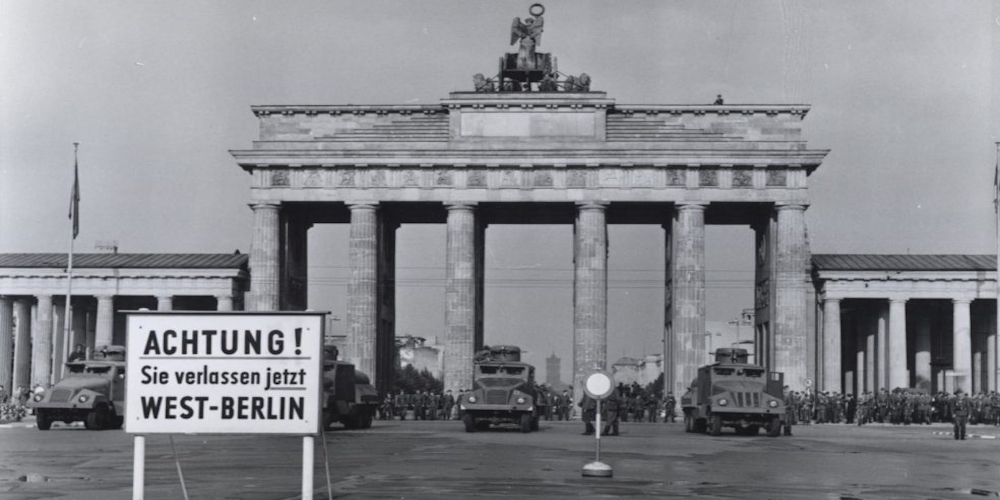
02 Etude II – Stettin 1945-1963 (“Arise, wretched of the earth”) 4:20
Audio 2-1. “The Internationale”
Audio 2-2. “From Stettin in the Baltic to Trieste in the Adriatic, an iron curtain has descended across the Continent. Behind that line lie all the capitals of the ancient states of Central and Eastern Europe.” (Winston Churchill, The Sinews of Peace, Westminster College, Fulton, Missouri, USA 05-03-1946 ©Public Domain).
After 1945, due to the loss of the common enemy, the Allies fell apart into two power blocs that were diametrically opposed ideologically, politically and militarily. The Soviet Union dominated its satellite states in the Eastern Bloc and did not allow personal and political freedom at any level.
Audio 2-3. “This is Imre Nagy, chairman of the Council of Ministers of the Hungarian People’s Republic, speaking: In the early hours of this morning, the Soviet troops launched an attack against our capital city with the obvious intention of overthrowing the lawful, democratic, Hungarian Government. Our troops are fighting. The Government is in its place. I inform the people of the country and world public opinion of this”. (Imre Nagy announcing an attack by Soviet Forces on the Hungarian Government, Budapest, Hungary 04-11-1956 ©Public Domain).
Audio 2-4. Berlin. August 13, 1961. East Germany closes the border between East and West Berlin. The East German measure followed a day on which a record number of refugees from East Germany and East Berlin arrived in West Berlin. (©Leeuwarder Courant, 13-08-1961).
The Cold War intensified when the Cuba crisis arose in 1962:
Audio 2-5. “This Government (…) has maintained the closest surveillance of the Soviet military buildup on the island of Cuba. Within the past week, unmistakable evidence has established the fact that a series of offensive Missile sites is now in preparation on that imprisoned island.” (President John F. Kennedy’s Televised Address, USA 22-10-1962 ©Public Domain).
President Kennedy underscored the United States’ support for West Berlin a year and a half after the DDR built the Berlin Wall.
Audio 2-6. “All free men, wherever they may live, are citizens of Berlin, and, therefore, as a free man, I take pride in the words “Ich bin ein Berliner.” (President John F. Kennedy, West-Berlin, Germany 26-06-1963 ©Public Domain).

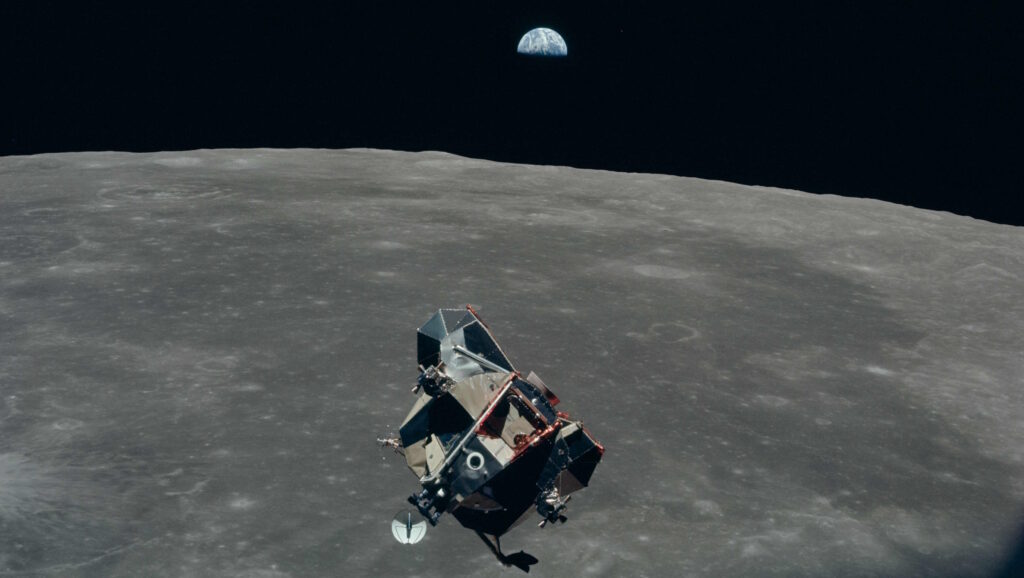
03 Etude III – Houston 1962-1974 (“Be Sure to Wear Flowers in Your Hair”) 4:40
How to look back on the sixties? A period of hope in which the anti-establishment counterculture emerged with attention for the individual, human sexuality, women’s rights, anti-authority, human rights, peace, the end of racial segregation and experimentation with psychoactive drugs? Or was it mainly a period of the Cold War with hard, vulgar power politics in which America and Russia clashed during the Cuban crisis (1962), the Vietnam War (1955-1975) and the ‘space race’ (1957-1975). After the Sputnik crisis in 1957 and the first man in space (the Russian Yuri Gagarin) in 1961, America experienced a lag and president Kennedy announced the Apollo program:
Or maybe hope? That everything would be different?
Audio 3-2. “I have a dream that one day on the red hills of Georgia, the sons of former slaves and the sons of former slave owners will be able to sit down together at the table of brotherhood.”(Martin Luther King Jr. at the Lincoln Memorial, Washington D.C. USA 28-08-1963 ©IPM/Estate of Martin Luther King, Jr., Inc.).
Audio 3-3 “12, 11, 10, 9, ignition sequence starts, 6, 5, 4, 3, 2, 1, zero, all engines running, LIFTOFF. We have a liftoff, 32 minutes past the hour. Liftoff on Apollo 11.” (NASA Mission Control Center, Houston, Texas, USA 16-07-1969 ©Public Domain): “Okay. I’m going to step off the LM now. That’s one small step for man, one giant leap for mankind”. (Neil Armstrong. Sea of Tranquility, Moon. NASA 20-07-1969 ©Public Domain).
The optimism of the 60s slowly gave way to pessimism. The world was not as beautiful and idealistic as hoped. Politics turned out to be dirty and corrupt when ‘Tricky Dicky’ Richard Nixon had to resign as president of America after two journalists from The Washington Post revealed the involvement of the White House in the ‘Watergate’ wiretapping scandal.
Audio 3-4. “New York, August 9, 1974. At 5:00 p.m. this afternoon, Vice President Gerald Ford was sworn in as America’s 38th president in the oval office of the White House. (…) Nixon announced his resignation at 2:00 a.m. that morning in a somber speech in which he avoided, except for one sentence, mentioning the Watergate tragedy that would be his downfall.” (©Leeuwarder Courant, 09-08-1974).

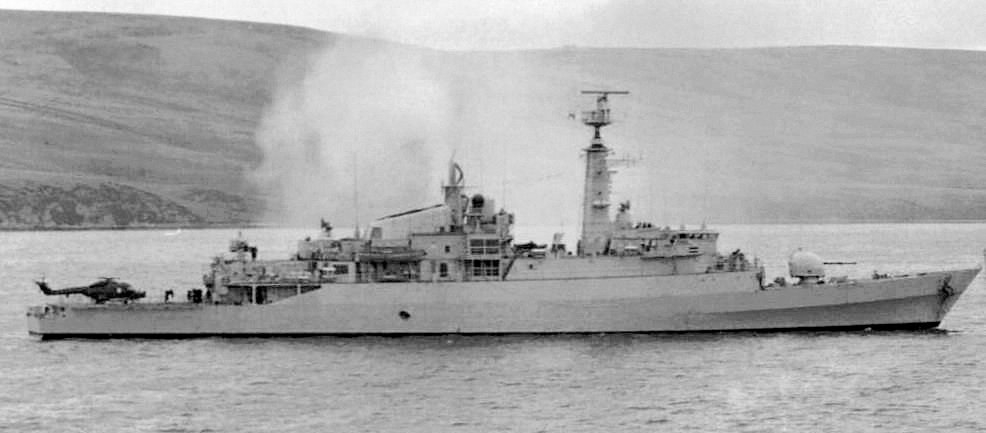
04 Etude IV – Port Stanley 1974-1982 (“Anarchy in the UK”) 4:32
“Crisis? What crisis?” Suddenly everything was different. Stagflation, government cuts, high unemployment, strikes and growing discontent caused gloom, uncertainty and anger. Progressive rock, with its dreamy, fairytale music, made way for the raw reality of punk.
Audio 4-1. “As prime minister I want to speak to you, simply and plainly, about the grave emergency now facing our country. (…) Jobs will be in danger and the take home pay will be less. We shall have to postpone some of the hopes and aims we have set ourselves for expansion and for our standard of living. We shall have a harder Christmas than we have known since the war”. (Prime minister Edward Heath. Broadcast to the nation. UK 13-12-1973 ©?).
In the early eighties the United Kingdom was confronted with the military occupation of The Falkland Islands by Argentina. The capital of the islands Port Stanley was occupied by Argentine troops for about 10 weeks during the Falklands War in 1982. The Argentinians renamed the town Puerto Argentino. The UK had not been a major power since the Second World War; the Suez Crisis (1956) was the last gasp of the British Empire but the ‘Iron Lady’ Thatcher reacted in 1982 as if nothing had changed; a military operation recaptured the Falklands after which the approximately 3.5 thousand inhabitants could continue to live as British.
Audio 4-2. “The House meets this Saturday to respond to a situation of great gravity. We are here because, for the first time for many years, British sovereign territory has been invaded by a foreign power. After several days of rising tension in our relations with Argentina, that country’s armed forces attacked the Falkland Islands yesterday and established military control of the islands.” (Prime Minister Margaret Thatcher, 03-04-1982, Westminster, London, UK.) (Fair Use & © Contains Parliamentary information licensed under the Open Parliament Licence v3.0. / https://api.parliament.uk/historic-hansard/commons/1982/apr/03/falkland-islands#S6CV0021P0_19820403_HOC_17).

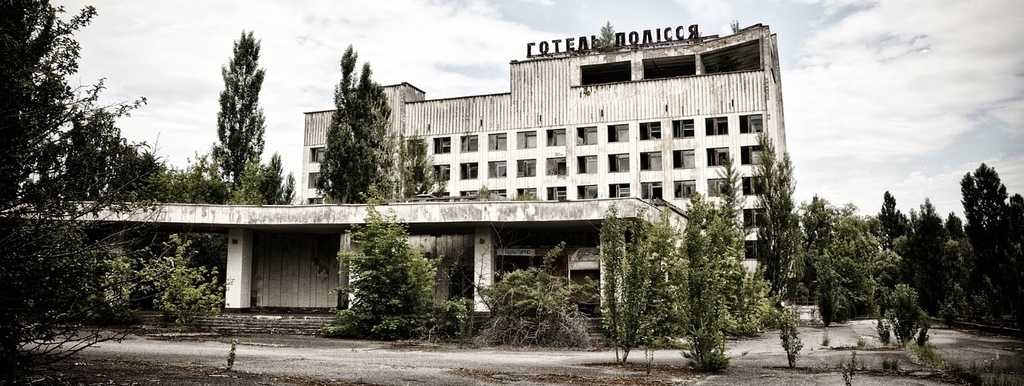
05 Etude V – Chernobyl 1983-1989 (“Time will crawl / Till the 21st century lose”) 6:18
Audio 5-1. “US intelligence agencies have concluded that the disaster at the Russian nuclear power plant at Chernobyl was caused by a chemical explosion. The subsequent meltdown immediately released radioactivity within a radius of 16 kilometres. The fire in the reactor, accompanied by very high temperatures, could continue for days.” (©Leeuwarder Courant, 30-04-1986)
In the 1980s, the Soviet Union could no longer sustain the arms race with the West. Economic stagnation followed, but Gorbachev’s reforms (perestroika) could not reverse the decline. The nuclear disaster in Chernobyl in 1986 became the symbol of a system in decline. Gorbachev allowed more political freedom (glasnost), which gave nationalism a chance in the USSR satellite states. On June 12, 1987, at the Brandenburg Gate, United States president Ronald Reagan delivered his famous speech: “Mr. Gorbachev, tear down this wall!” Reagan called for Soviet leader Mikhail Gorbachev to open the Berlin Wall, which had encircled West Berlin since 1961.
Audio 5-2. “Behind me stands a wall that encircles the free sectors of this city (…) that divides the entire continent of Europe. General Secretary Gorbachev, if you seek peace, (…), if you seek liberalization: Come here to this gate! Mr. Gorbachev, open this gate! Mr. Gorbachev, tear down this wall! (President Ronald Reagan, Brandenburger Gate, West-Berlin, Germany 12-06-1987 ©Public Domain – https://www.reaganlibrary.gov/archives/speech/remarks-east-west-relations-brandenburg-gate-west-berlin).
In May 1989, the Iron Curtain was opened at the border with Austria in Hungary. The open border there caused an outflow of thousands of ‘holidaymakers’. A real migration of people took place via Hungary and later also via the West German embassy in Prague, Czech Republic. The leadership of the DDR, who had recently proudly celebrated the fortieth anniversary of the ‘socialist utopia’, had to open the borders. The end of the Wall, and with it of the GDR, was inevitable. The Berlin Wall fell on 9 November 1989. Günter Schabowski held a special press conference early in the evening. In broken German, an Italian journalist asked a question about a new travel regulation for DDR citizens. Schabowski gave a complicated answer but then suddenly said: “… We have decided that every DDR citizen is allowed to cross the border.” The question immediately followed when this regulation would come into effect. Schabowski leafed through his papers, looked up, and then said: “That applies – as far as I know – … from now on.” The confusion about this announcement was great. East Germans flocked to the Wall to see if they could indeed go to West Berlin. The border guards were just as stunned as everyone else, there were no guidelines. Bewildered, the East Berliners walked to the other side of the border, where they were mostly received with applause.
Audio 5-3. ” Und deshalb haben wir uns dazu entschlossen, heute, eine Regelung zu treffen, die es jedem Bürger der DDR möglich macht, über Grenzübergangspunkte der DDR auszureisen”. [Journalist] “Ab wann tritt das in Kraft?” (…) [Schabowski:] “Das tritt nach meiner Kenntnis… Ist das sofort, unverzüglich.” (Günter Schabowski, Pressconference, Berlin, Germany 09-11-1989 © DRA / rbb media GmbH).

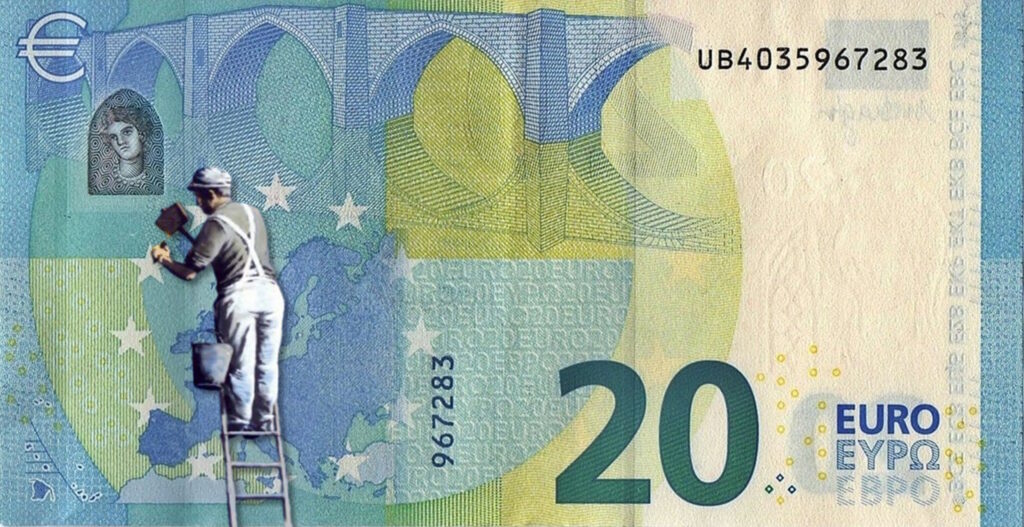
06 Etude VI – Schengen 1989-2022 (“Ode an die Freude – Alle Menschen werden Brüder“) 4:23
In 1992, three years after the fall of the wall, American political scientist Francis Fukuyama published his book The End of History and the Last Man in which he stated that the end of the Cold War also marked the end of the progress of human history. With the disappearance of communism, there was no longer an alternative to liberal democracy. History had found its way to freedom. Although undemocratic countries still existed, they would eventually disappear. “What we may be witnessing is not just the end of the Cold War, or the passing of a particular period of post-war history, but the end of history as such: that is, the end point of mankind’s ideological evolution and the universalization of Western liberal democracy as the final form of human government.” A decrease in international conflicts would be the result of what can be dismissed in retrospect as wishful thinking (and this also applies to the supremacy of liberal democracy, we know better these days). The publication of Fukuyama’s The End of History was a year after the outbreak of the Gulf War (1990-1991) and in the same year the (civil) war in Yugoslavia began. Between 1992 and 1999 that country would break up into seven new countries. Ethnic, ideological and religious tensions were still manageable under the absolute rule of communist leader Josip Broz Tito, but after his death in 1980 and the decline of the former Eastern Bloc, tensions led to violent confrontations. Ethnic cleansing took place that could not be prevented by the international peacekeeping force UNPROFOR (Dutchbat) during the capture and genocide of Srebrenica (1995). Under the leadership of Bosnian Serb Ratko Mladic, 8,000 Muslim Bosniaks were murdered.
Audio 6-1. “Sarajevo August 12, 1995. International aid organizations fear for the lives of thousands of Muslims from the eastern Bosnian enclave of Srebrenica. The human rights organization Amnesty International reported yesterday the disappearance of four thousand Muslim men. (…) Amnesty fears that the Serbs may have murdered the men arbitrarily….” (©Leeuwarder Courant, 12-08-1995).
Fukuyama’s assumption that the ‘victory’ of Western liberal democracy would mean an end to opposition was belied by the 9 – 11 attacks by Osama bin Laden’s Al-Qaida. New contradictions between the West and Islamic extremism lead to the War on Terror, the invasion of Afghanistan and Iraq and to all kinds of attacks, including in Europe.
Audio 6-2. “New York 11-10-2001. A terrorist act of unprecedented scale struck the United States deep in the heart yesterday. In what is being called a ‘second Pearl Harbor’ many thousands of people were killed or wounded. “This is an attack on freedom itself by a faceless coward”, said a shocked President George Bush. He vowed to the world that the perpetrators will be hunted down and will not escape punishment.” (©Leeuwarder Courant, 11-10-2001).
After the Second World War, the process of European integration emerged. ECSC, EEC and EMS increased cooperation, more and more European countries joined in. Plans emerged for a common currency and for a common economic European market with free movement of people and goods. On June 14, 1985, the heads of government of Belgium, the Netherlands, Luxembourg, Germany and France signed the first Schengen Treaty. This Schengen treaty and the 1990 Schengen Convention created an area without internal borders known as the Schengen area. Schengen is a village in Luxembourg. A European flag was chosen and Beethovens Ode an die Freude became the European hymn. With the Maastricht Treaty, European cooperation was extended to an economic and political community. In 2002, the euro was introduced as a means of payment.
In the summer of 2007, the credit crisis in the housing market and mortgages arose in America, but ultimately became an international crisis of the financial system in which central banks had to intervene.
Audio 6-3. “This is an extraordinary period for America’s economy. Over the past few weeks, many Americans have felt anxiety about their finances and their future. I understand their worry and their frustration. We’ve seen triple-digit swings in the stock market. Major financial institutions have teetered on the edge of collapse, and some have failed. As uncertainty has grown, many banks have restricted lending. Credit markets have frozen, and families and (President George Bush Jr. national address, USA 24-09-2008 ©Public Domain).
In 2010, the credit crisis changed; concerns about banks became increasingly concerned about the financial position of some governments (Greece). Due to the panic on the financial markets, the European monetary union (euro) was ultimately also at risk.
Audio 6-4. “The ECB is ready to do whatever it takes to preserve the euro. And believe me, it will be enough.” (Mario Draghi, President of the European Central Bank at the Global Investment Conference in London, 26-07- 2012 ©?).
The euro crisis came to an end in 2014. Europe had survived the first test, but a new crisis was already in the make. The United Kingdom had joined the EC in 1973 after which a love/hate relationship developed between the UK and Europe; ultimately leading to the referendum on membership of the European Union in 2016.
Audio 6-5. “The country has just taken part in a giant democratic exercise – perhaps the biggest in our history. (…) We not only have a parliamentary democracy, but on questions about the arrangements for how we are governed, there are times when it is right to ask the people themselves, and that is what we have done. The British people have voted to leave the European Union and their will must be respected. (Prime minister David Cameron, London, UK 24-06-2016). (©Licensed under the Open Parliament Licence v3.0. / https://www.gov.uk/government/speeches/eu-referendum-outcome-pm-statement-24-june-2016).
In addition to economic goals, European post-war integration mainly aims to prevent war in Europe through cooperation and consultation. That’s why Brexit was a shame. The idea that you are better off in Europe alone may seem attractive, but ultimately leads to greater vulnerability. Wannsee’s opening chords, repeated at the end of each subsequent song on this album as a warning of the dangers of war, sound along with the chords of the European anthem Ode an die Freude spooky and ominous. “Alle Menschen werden Brüder” sounded too good to be true.

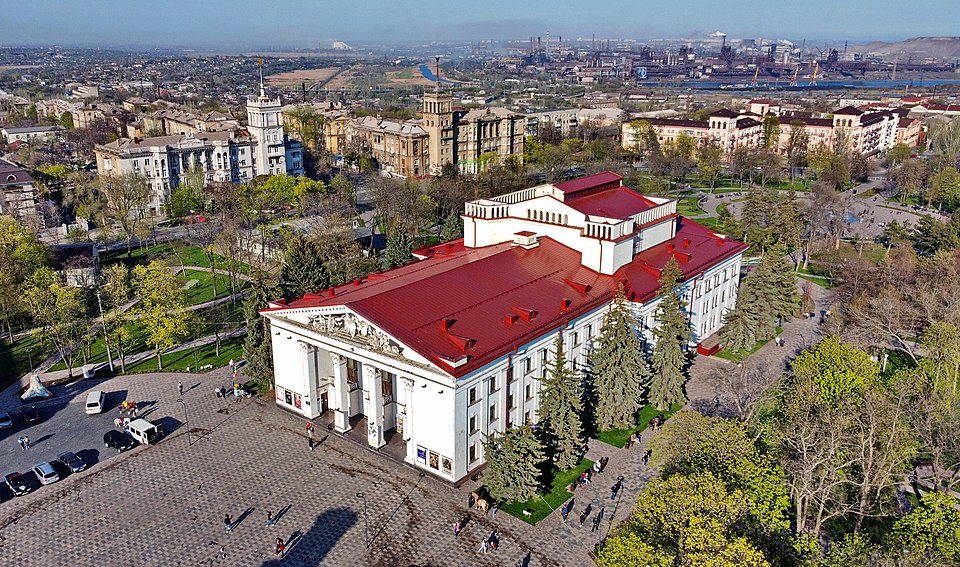
07 Etude VII – Mariupol 2022-? (“Times are a changin”) 12:15
In Eastern Europe also it was not possible to live brotherly side by side. On February 24, 2022, Russia invaded neighboring Ukraine with a ‘special military operation’, an escalation of this conflict that began with the conquest of Crimea in 2014. Two days later, the Russian army began the siege of Mariupol. The Ukrainian government reported on March 14, 2022 that at least 2,500 deaths had occurred in Mariupol since the start of the invasion. On March 16, 2022, the Donetsk Regional Drama Theater in Mariupol was bombed, where 700 civilians were sheltering at the time of the attack. The municipality of Mariupol estimated the number of deaths at 300. On 17 April 2022, Russian progress on the southeastern front was hampered by Ukrainian forces. They had entrenched themselves in the abandoned Azovstal factories in Mariupol and refused to surrender to the Russian troops surrounding them. A month later this happened after heavy bombings.
During his campaign, Donald Trump vowed to end the war in Ukraine within 24 hours. Once chosen, this did not work (or he did not try or did not dare). Helped by vice president JD Vance (accusing Zelensky a lack of gratitude) Trump insulted and humiliated the president of Ukraine Volodymyr Zelensky on 28 February 2025 at the Oval Office, White House, Washington (“You are gambling with world war three”) and prepared to take his hands off the conflict, Trump’s loyalty seemed to lie with Russian aggressor Putin. Trump’s inimitable policies regarding Ukraine, Gaza and Israel, tariffs, NATO, the rule of law, equality, universities, environmental damage, healthcare, democracy are ominous and the future will show whether he has indeed made the USA great again. The future is a foreign country….. we’ve never been there before.
Audio 7-1.
In days of yore, a figure rose to fame,
A man of wealth, with golden locks so bright,
With words both sharp and bold, he carved his name,
In halls of power, he sought to claim his right.
A tempest fierce, he stirred the hearts of men,
With promises of grandeur, walls so high,
Yet shadows cast by deeds, again, again,
Did cloud the truth, and left the world to sigh.
O, Trump, thou art a paradox so grand,
A leader loved and loathed in equal part,
Thy reign did shake the very core of land,
And left a mark on history’s fragile heart.
©A.I. Shakespeare
Audio 7-2. “Six weeks ago, I stood beneath the dome of this Capitol and proclaimed the dawn of the golden age of America. From that moment on, it has been nothing but swift and unrelenting action to usher in the greatest and most successful era in the history of our country. We have accomplished more in 43 days than most administrations accomplished in four years or eight years, and we are just getting started. I return to this chamber tonight to report that America’s momentum is back, our spirit is back, our pride is back, our confidence is back, and the American dream is surging bigger and better than ever before.“ (President Donald J. Trump. Address to Congress, USA 06-03-2025 ©Public Domain).
Audio 7-3. “Over the past six weeks, I have signed nearly 100 executive orders (…) to restore common sense, safety, optimism, and wealth all across our wonderful land. The people elected me to do the job, and I’m doing it.” (President Donald J. Trump. Address to Congress, USA 06-03-2025 ©Public Domain).
Audio 7-4. “I renamed the Gulf of Mexico the Gulf of America.” (President Donald J. Trump. Address to Congress, USA 06-03-2025 ©Public Domain).
Audio 7-5. Trump: “You don’t have the cards right now”. Zelensky: “I am not playing cards”. (…) Trump: “You are gambling with the lives of millions of people (…) You are gambling with world war three”. (President Donald J. Trump, vice president JD Vance and president Volodymyr Zelenskyy, Oval Office, White House, Washington, D.C., USA 28-02-2025 ©Public Domain).
Audio 7-6. “We’ve ended the tyranny of so-called diversity, equity, and inclusion policies all across the entire federal government and, indeed, the private sector and our military. And our country will be woke no longer.” (President Donald J. Trump. Address to Congress, USA 06-03-2025 ©Public Domain).
Audio 7-7. “And I signed an order making it the official policy of the United States government that there are only two genders: male and female.” (President Donald J. Trump. Address to Congress, USA 06-03-2025 ©Public Domain).
Audio 7-8. “As you’ve heard me say many times, we have more liquid gold under our feet than any nation on Earth and by far. And now I’ve fully authorized the most talented team ever assembled to go and get it. It’s called drill, baby, drill.” (President Donald J. Trump. Address to Congress, USA 06-03-2025 ©Public Domain).
Audio 7-9. “In fact, it has been stated by many that the first month of our presidency — it’s our presidency — is the most successful in the history of our nation by many.” (President Donald J. Trump. Address to Congress, USA 06-03-2025 ©Public Domain).
Audio 7-10. “…I still have a dream. It is a dream deeply rooted in the American dream. I have a dream that one day this nation will rise up and live out the true meaning of its creed: “We hold these truths to be self-evident, that all men are created equal.” (Martin Luther King Jr., at the Lincoln Memorial, Washington D.C. USA 28-08-1963 ©IPM/Estate of Martin Luther King, Jr., Inc.).

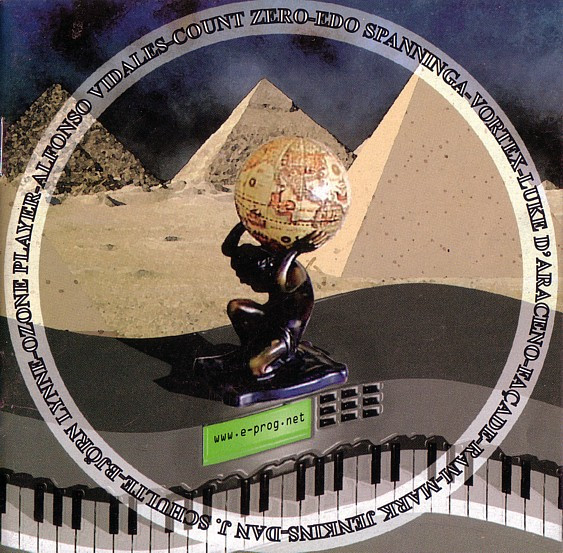
08. Cathedral Green 6:17 (Bonus track)*
www.e-Prog.net was a Music Mailing List devoted to reviewing progressive keyboard oriented rock. In 1999 the release of the e-Progeny CD was an independent venture undertaken by the members of this list and published by the Mexican label Luna Negra. Various artists (Bjørn Lynne, Alfonso Vidales, Luke D’Araceno, Mark Jenkins a.o.) contributed an instrumental keyboard dominated track. Thierry Sportouche reviewed the CD in prog magazine Acid Dragon #26: “Edo Spanninga is Flamborough Head’s keyboards magician. His track Cathedral Green is a romantic gem, a true jewel of contrasted progressive rock with mellotron, acoustic guitars…”. Cathedral Green is named after the park surrounding Exeter Cathedral, UK. The song was created using only a Roland JV 880 synth module and a Roland SR-JV80-04 Vintage Synth Expansion Board.
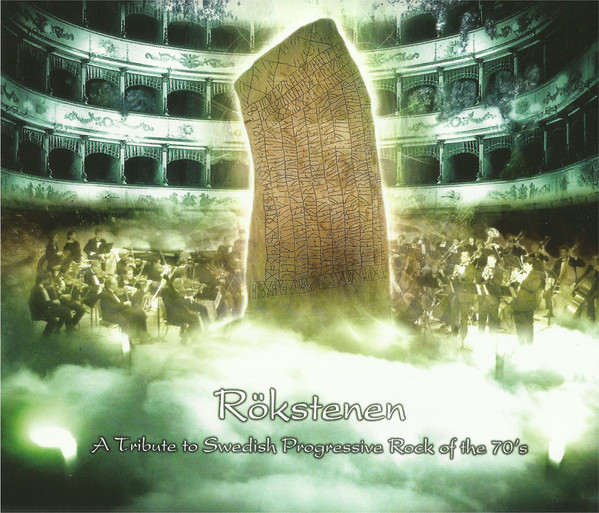
09. På Gata 8:09 (Bonus track)*
There was a time when Marco Bernard (Colossus Finland) released interesting CD boxes with ‘seventies’ inspired prog music on the French Musea label. The Spaghetti Epic, Inferno and Odyssey are 3-CD boxes on which numerous prog musicians had the opportunity to participate. In 2009 it was Rökstenen – A Tribute to Swedish Progressive Rock of the 70’s‘ turn. Bands such as Kaipa, Bo Hansson and Trettioariga Kriget received the honor they were due. Edo was inspired and adapted Atlas’ track På Gata from their album Blå Vardag (1979) into a new song. Drums were played by the Italian drummer Davide Guidoni (known for Nuova Era & Taproban). Other contributions to this tribute box came from The Samurai Of Prog, Simon Says, Willowglass, Beardfish, Blank Manuskript & Soniq Circus (a.o.).
*Please note these two bonus tracks are only available on the CD and not on the Bandcamp stream.

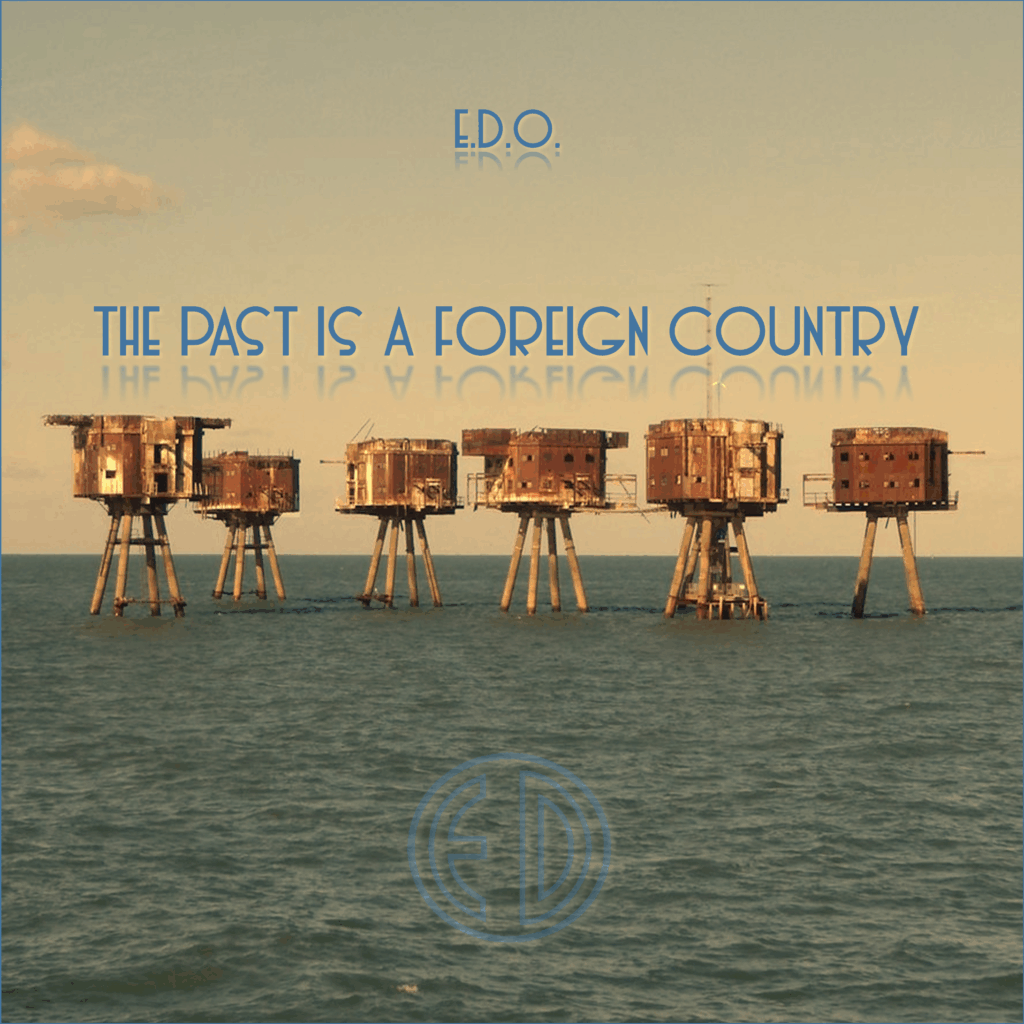
Front picture
The Maunsell Sea Forts at Red Sands were built by the British army off the English east coast in the Thames Estuary during the Second World War as coastal defenses. The reason was the rapid advance of Nazi Germany through the Netherlands and Belgium towards the Channel. The increasing air raids on England and the shipping lanes, and the threat of invasion, called for permanent coastal defenses. After the war, the sea forts were no longer used. From 1964 to 1967, several pirate stations occupied the abandoned forts. Red Sands is currently privately owned. Now it is only remains from the past, like science fiction extraterrestrial machines, that have run away from HG. Wells The War of the Worlds (1898).
©On copyright.
Most historical sound fragments on this album are in the so-called ‘public domain’ and are not protected by copyright. ‘Fair use’ allows limited use of protected sources from America. Recordings published by the UK government are covered by The Open Government Licence (OGL). For some sound fragments we have traced the copyright holder and received permission to use the fragment. In some cases copyright holders cannot even be identified with certainty. In one case we received no response to the question of whether we could use a fragment. Every effort has been made to provide accurate and complete information. However, we cannot guarantee that there will be no errors. The publisher of this CD has attempted to trace all copyright holders. If, despite this, someone believes that they are a copyright holder, they can contact Aurelia-Records. The news items from the Leeuwarder Courant are subject to quotation rights and have been translated by Google Translate and spoken by TTS (Text to Speech). The Shakespearean poem about president Donald Trump was written by AI and recited by TTS.
All pictures on this website and CD-booklet are in the Public Domain (www.picryl.com) except the front picture of the Maunsell Forts: Copyright Stefan Czapski and licensed for reuse under the Creative Commons Licence.
The title of this album is derived from the opening line of The Go-Between, a novel by L.P.Hartley from 1953. “The past is a foreign country; they do things differently there.” (© The Trustees of the Estate of Annie Norah Hartley). However; “Paul Binding has pointed out that its famous opening phrase “The past is a foreign country” can be traced to one used by Hartley’s friend Lord David Cecil in his inaugural lecture as Goldsmith’s Professor of English Literature at Oxford in 1949″ (https://en.wikipedia.org/wiki/The_Go-Between).

© Written, arranged, played, recorded, mixed, mastered, designed and produced by Edo Spanninga between May 2024 and May 2025. Digital liner notes written by Edo Spanninga July 2025.
The font used on the CD booklet is made from texts my father Luit Spanninga (1930-2003) typed on his “Safari Model” khaki/cream duotone 1960 Triumph Gabriele-E.
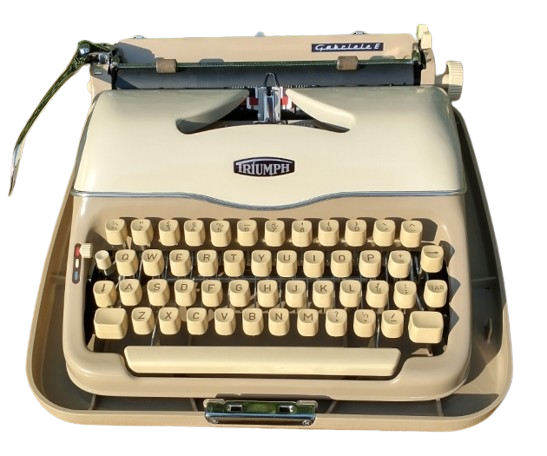
Any profits of this album will be donated to the UN Refugee Agency UNHCR


